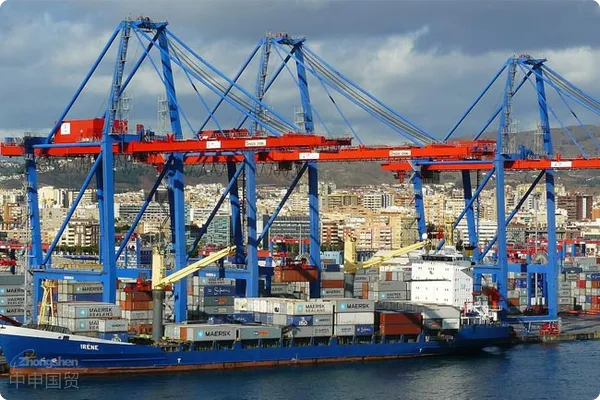- Shanghai Zhongshen International Trade Co., Ltd. - Two decades of trade agency expertise.
- Service Hotline: 139 1787 2118
In recent years, due to multiple rounds of Western sanctions, many European and American brands have announced their withdrawal from the Russian market, leading to a significant decline in imports. However, the Russian economy has withstood the pressure better than expected, thanks to the implementation of its parallel import policy.

Background of the Parallel Import Policy
Parallel imports refer to the importation of original goods into a country without authorization from the rights holder or manufacturer. In response to Western sanctions, Russian President Vladimir Putin signed Federal Law No. 46 on March 8, 2022, amending provisions of the Russian Civil Code regarding trademark and patent protections. This amendment stipulates that Russia will no longer recognize intellectual property and patents from Western countries. Simply put, Russia will no longer protect the intellectual property and patents of Western nations.
As the scale of corporate withdrawals from Russia became clear, Russia legalized parallel imports in late March 2022. On March 29, Russian Prime Minister Mikhail Mishustin signed a government decree authorizing the Ministry of Industry and Trade to compile a list of foreign goods eligible for parallel import. On May 6, 2022, the Ministry of Industry and Trade published a list covering approximately 200 brands, includingCosmetics & Personal Carechemical products, clothing, ferrous and non-ferrous metals, vehicles, and 50 other categories of goods. These brands include well-known names such as Siemens, Panasonic, Apple, Intel, Samsung, Dyson, and Logitech. The Ministry also emphasized that the list would be reviewed quarterly or bi-monthly, with additions or removals based on product monitoring.
Legalization of Parallel Imports and Market Impact
Shortly after the foreign goods list was published, the head of Russias Federal Antimonopoly Service, Maxim Shaskolsky, suggested that the parallel import mechanism should be extended to all categories of goods, calling it a permanent mechanism for Russia. On June 21, 2022, the Russian State Duma (lower house of parliament) approved a government-submitted amendment to the law, legalizing parallel imports in Russia.
俄罗斯境内最大的在线购物平台之一Yandex.Market创建了从事”进口平行”业务的新部门,并已发布多个国际采购招标,寻找家用电器、电动工具、电子产品、保健品等的新供应渠道,扩大直接进口。在俄罗斯政府平行进口合法化的帮助下,俄罗斯企业建立了替代供应链网络,通过第三国进口受限制的商品,有效缓解了商品短缺问题。
According to data from Russias Trade and Financial Services Agency, parallel imports can reduce costs for consumers by up to 50%. Data from the Russian Federal Customs Service shows that parallel imports in 2022 exceeded $20 billion. Sergei Puzyrevsky, Deputy Head of the Federal Antimonopoly Service, recently expressed support for permanently legalizing parallel imports as a long-term strategy to counter sanctions.
Optimizing Parallel Import Policy and Future Outlook
As the parallel import policy continues to evolve, Russia plans to adjust the number of brands allowed for import to optimize market structure, ensuring only those brands with genuine demand and positive effects enter the market. Recently, Russian First Deputy Prime Minister Denis Manturov announced that the parallel import list would undergo a new review and might be reduced. As domestic production of high-quality goods increases and supply expands, opportunities for parallel imports will gradually diminish.
Local Russian importers commented: Sanctions have opened many new windows of opportunity, but they have also closed some past opportunities. In stable economies, all markets are already allocated. If youre not a genius like Musk, starting from scratch is quite difficult. But times of change open new markets that are easy to enter. For example, after the collapse of the Soviet Union, everything was in short supply. People made millions selling chewing gum and Snickers bars. Crises always bring new opportunities.
Related Recommendations
© 2025. All Rights Reserved.沪ICP备2023007705号-2 PSB Record: Shanghai No.31011502009912
PSB Record: Shanghai No.31011502009912









